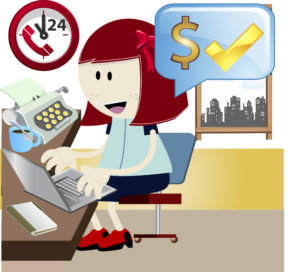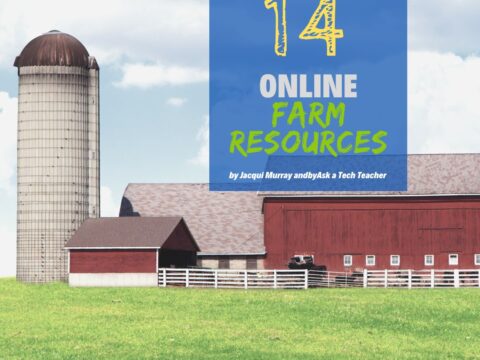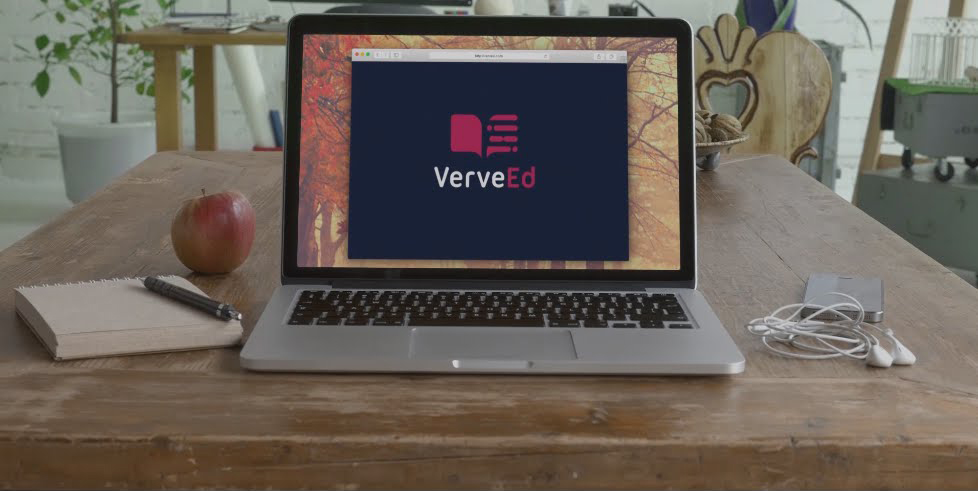 The latest national data reports that while a growing number of students graduate high school, college enrollments are decreasing. Students cite a lot of reasons for that:
The latest national data reports that while a growing number of students graduate high school, college enrollments are decreasing. Students cite a lot of reasons for that:
- I can’t afford it
- I can’t get in
- It’s too hard
- I have a good job
- It isn’t worth it
Whatever is to blame, the result is that students increasingly take on the complicated economics of working and raising families without the knowledge, maturity, or experience to succeed at those. High schools are attempting to fill that gap by offering financial literacy classes that teach how to balance finite income from a job against infinite needs and wants.
Since April is Financial Literacy Month, I want to share my favorite online options, all age-appropriate for high school students and financial literacy classes:
Budget Challenge
Created by H&R Block, Budget Challenge is an award-winning (fee-based) ten-week simulation where young people experience how to manage money in a real-life setting. Participants make real-world money management decisions like paying bills, saving for retirement, and managing cash flow to avoid paying bills late and then share evidence of their comprehension on periodic quizzes. Performance and participation are measured with daily metrics that assess a student’s demonstrated financial skill and behavior. Students can sign up individually or under a teacher account to facilitate the teacher supervising and managing their progress.
Here’s a good video overview of Budget Challenge’s patented Road Test for Personal Finance.
Everfi.com
Everfi is a free, six-eight-hour online course that uses videos, animations and interactive activities to bring complex financial concepts to life. It tracks individual student progress and recognizes knowledge with a certificate in financial literacy for those who complete the course. Modules include savings, banking, credit cards, interest rates, credit score, financing higher education, renting vs. owning, taxes and insurance, consumer protection, and investing. Teachers can create accounts that assist in measuring student progress.
Here’s a video overview of the Everfi program.
EverFi Financial Literacy Overview (High School) from EVERFI on Vimeo.
Financial Literacy for High School Students
This free financial literacy curriculum consists of fourteen lesson plans designed to augment a semester course in life skills or personal financial management. Teacher resources include goals and lesson objectives, suggested resources, presentation slides, worksheets, and more.
Financial Literacy Quizzes
The National Finance Educator’s Council offers a variety of free topical online financial quizzes for high schoolers. These are excellent for pre-and post-testing, self-assessment, or to gain a better understanding of various financial literacy topics. Tests include Financial Capability, Advanced Financial Education, Financial Decisions, and Student Loans. Financial literacy is measured in metrics like Motivation to learn, Subject knowledge, and Recognition of the First Step.
Students receive their score (which can be forwarded to a teacher) and can compare it to nationwide test-takers in their age-range.
General Financial Literacy Course
The General Financial Literacy Course is a fully-detailed high school course appropriate for either a high school graduation requirement or as part of an existing life skills course. It includes strands on Decision making and goals; Income and careers; Savings, investing, and retirement planning; and Principles of money management. Goals are to inform and prepare students on financial topics, engage them in establishing career goals that will provide adequate income and personal fulfillment, assess and augment their knowledge, and guide comprehension of the personal and societal consequences of financial decisions.
Those who successfully complete the course receive a half-credit toward graduation.
National Economics Challenge
The National Economics Challenge (NEC) is the nation’s only high school economics competition. Each year, over 11,000 students organized into teams participate. The Challenge recognizes exceptional high school students for their understanding of economic principles and their ability to apply problem-solving and critical-thinking skills to real-world events.
Here’s a good video of a past National Economic Challenge.
Gen i Revolution
Gen i Revolution is a free, online personal finance game for high school students. Students assume the role of a secret agent assigned to solve a variety of financial problems—in the form of fifteen missions—and defeat the “Murktide” of financial confusion that is spreading across the country. Teachers can use Gen i Revolution to prepare students for the W!se Financial Literacy Certification test whose goal is to help high school students graduate as financially capable young adults. Students who pass the test receive accreditation as Certified Financially Literate (CFL).
From The Council for Economic Education, this is a popular addition to any high school financial literacy program.
Practical Money Skills
This robust website includes calculators, apps, and step-by-step instructions on financial topics — delivered in age-appropriate language that digs deeply into the topics students need most as they prepare for the responsibilities of adulthood. Topics broadly include budgets, savings, financial institutions, credit, debt, and identity theft. One I especially like is How to save money while welcoming a new pet to your home.
Each topic variously includes lesson plans, games, simulations, free resources, videos, infographics, and/or more.
Besides these comprehensive curriculum-based approaches, there are lots of online resources to supplement existing financial literacy and economics courses. My favorites are:
- Economic Concepts
- Economics in Plain English
- Economic Systems
- Economic Terms
- Economic Terms Mini-Quiz
- Economics Flashcards
- Economy Terms
- US Debt Clock
- US Economy
- Value of Money–a TED video
Whatever direction you go — a full curriculum or byte-size topical lessons — go there. Financial literacy isn’t intuitive. What high school students learn may save them considerable heartache and problems in the near future.
— published first to TeachHUB
More on financial literacy
8 Websites to Teach Financial Literacy
Teach Financial Literacy with Banzai
Jacqui Murray has been teaching K-18 technology for 30 years. She is the editor/author of over a hundred tech ed resources including a K-12 technology curriculum, K-8 keyboard curriculum, K-8 Digital Citizenship curriculum. She is an adjunct professor in tech ed, Master Teacher, webmaster for four blogs, an Amazon Vine Voice reviewer, CSTA presentation reviewer, freelance journalist on tech ed topics, contributor to NEA Today and TeachHUB, and author of the tech thrillers, To Hunt a Sub and Twenty-four Days. You can find her resources at Structured Learning.




































